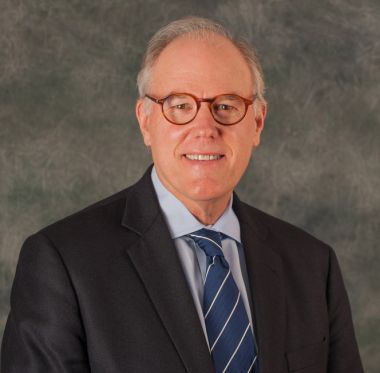Introduction
Investigative reporting, done right, is an exacting and exhaustive form of specialized reporting. A single project can consume a year or more of intensive work, encompassing millions of pages of documents and massive datasets. An investigative series is never published without rounds of editing and rewriting, fact checking and legal review. Only then, when it is finally made public, does the point of it all become clear: more than any other form of journalism, investigative reporting matters. It is noticed. It finds a growing audience. It can have a tremendous impact, helping people and instigating real change. And sometimes, it even wins awards.
A pair of The Center for Public Integrity’s deepest investigations have just been named as two of the six finalists for the highly regarded Goldsmith Prize for Investigative Reporting. This prize is awarded annually by the Joan Shorenstein Center for the Press, Politics and Public Policy at Harvard’s Kennedy School of Government.
I am proud that our reporting is being so recognized. I am even prouder of the hard work that has been done behind the scenes for so long by the investigative journalists, men and women, associated with the Center for Public Integrity and our global reporting arm, the International Consortium of Investigative Journalists (ICIJ).
Secrecy for Sale
One of our finalists is an investigative project that involved more than 2.5 million secret files of offshore tax havens, took 18 months of work, and resulted in 50 stories by 112 journalists in 58 countries — one of the largest journalistic collaborations ever. And it has had an immediate worldwide impact. You can see the entire ICIJ Offshore Leaks Project at “Secrecy for Sale: Inside the Global Offshore Money Maze,” and read about the global impact here.
By exposing the companies and trusts behind the hidden dealings of politicians, con men and the mega rich, ICIJ’s work has sparked official investigations, sweeping policy changes and high-profile resignations around the world. The European Union’s top tax official has called Offshore Leaks “the most significant trigger” behind Europe’s newfound resolve to crack down on offshore hideaways and global tax dodging.
Even in China, which scrambled to block online access to ICIJ reports exposing offshore holdings of political and financial elites there, says it will step up participation in efforts to combat tax evasion and crack down on tax fraud. And ICIJ’s work continues. The fact that 120,000 names in the tax haven database are now public has generated hundreds of tips for further investigative work. And the world’s tax authorities are encouraged because the number of citizens voluntarily disclosing secret offshore accounts is going up. In Germany, for example, the number tripled in 2013and the disclosures are expected to result in a surge of revenue to the German treasury.
Breathless and Burdened
Our other Goldsmith finalist is an investigative project that took a year of work byone young, intrepid reporter, Chris Hamby, and his editors. They worked with just one media partner, ABC News. Chris focused on sick miners in central Appalachia who were denied their health benefits despite strong evidence of serious disease. He interviewed dozens of coal miners and family members, explored hundreds of thousands of previously classified legal filings and built an original database with information on more than 1,500 cases of suspected black lung.
The headline on one story makes it clear what he found: “Johns Hopkins medical unit rarely finds black lung, helping coal industry defeat miners’ claims.” The entire series of reports is here.
The impact from “Breathless and Burdened: Dying from Black Lung, Buried by Law and Medicine” is still unfolding. There will be more reports ahead. Johns Hopkins Medicine suspended its black lung program pending a review in the immediate aftermath of our reports. Our work revealed that one Johns Hopkins doctor was involved in reading a total of more than 3,400 X-rays since 2000 at the behest of the coal industry. In these cases, he never found a case of complicated black lung, and he read an X-ray as positive for the earlier stages of the disease in less than 4 percent of cases. Other doctors reading the same X-rays found black lung indicated again and again.
The upshot of this project is that more miners are likely to get the black lung benefits they deserve because of our work.
These are just two of our recent investigative projects, representing countless hours of reporting, spanning years of effort. Once again, it’s gratifying to see this work recognized by award nominations. It’s nicer still to see the impact this work is having in Appalachia and around the world.
Read more in Inside Public Integrity
Inside Public Integrity
‘Close your doors and go away:’ readers react to fracking investigation
Inside Public Integrity
Center wins Polk award for financial coverage
Honor marks second time Center wins prestigious award

Join the conversation
Show Comments